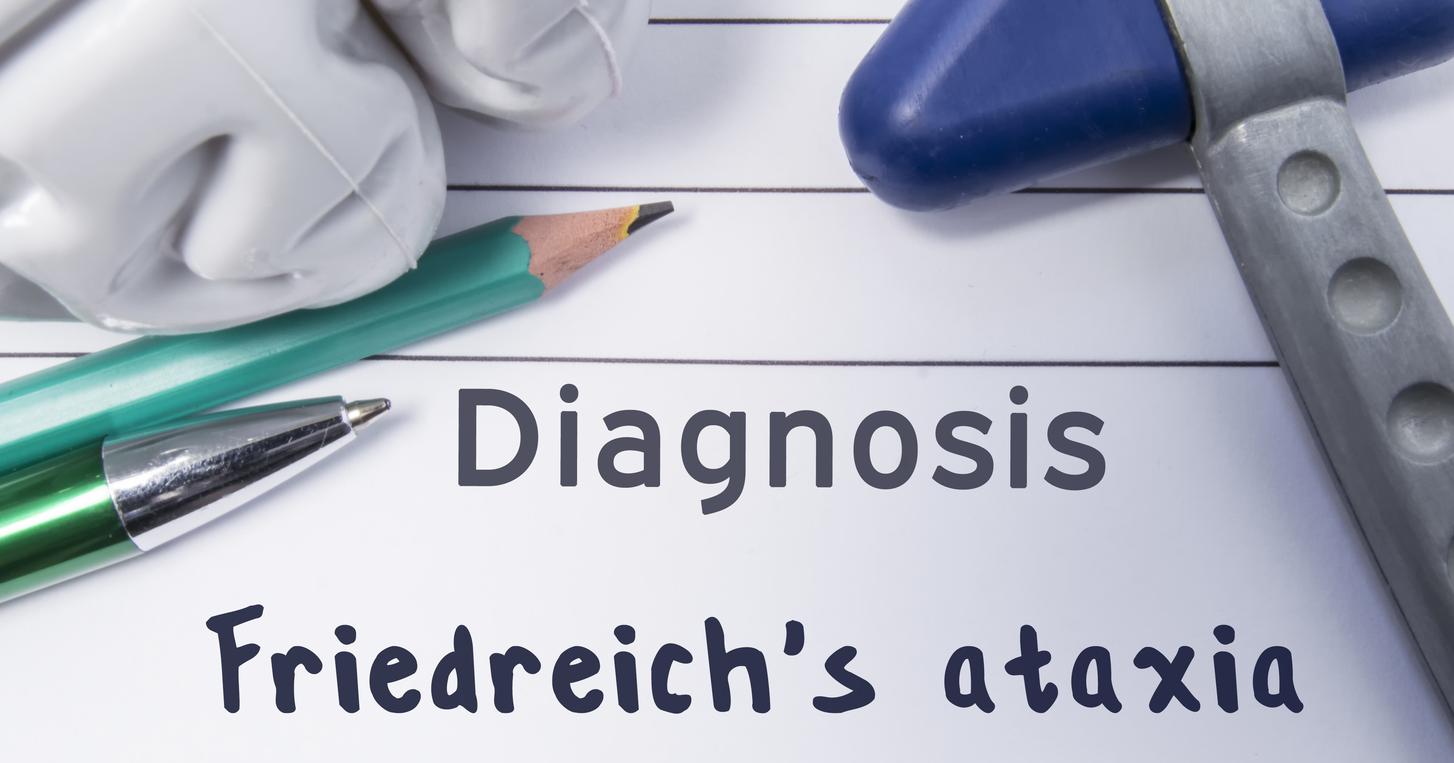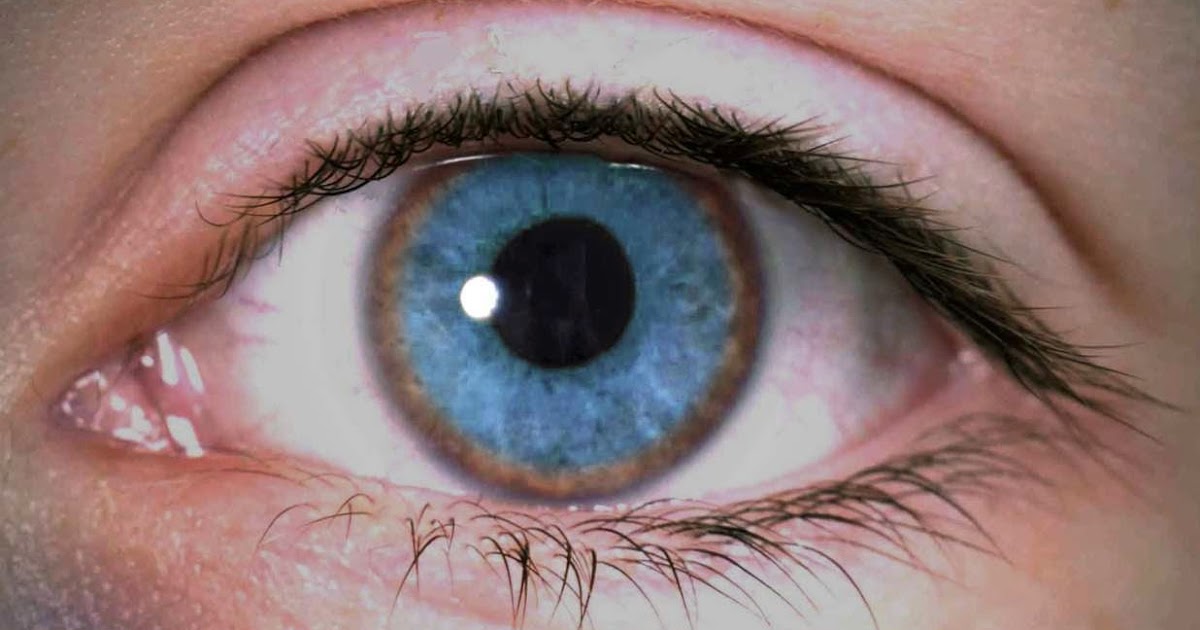What Conditions Chorea May Indicate
Friedreich's Ataxia

An individual with chorea may also be affected by Friedreich's ataxia, a rare disease that causes patients to have problems with normal speech, walking, and a loss of sensation in the legs and arms. Friedreich's ataxia is caused by a mutation in the FXN gene in an autosomal recessive fashion. This mutation causes progressive damage to the spinal cord, brain, and heart. Friedreich's ataxia is most commonly diagnosed in individuals between ten and fifteen years old.
Non-chorea symptoms of Friedreich's ataxia include changes in vision, hearing loss, foot deformities, heart abnormalities, shortness of breath, chest pain, and difficulty with the sensation of vibration in the feet. Chorea-related symptoms that manifest in Friedreich's ataxia patients include weak muscles, loss of leg reflexes, poor coordination, irregular limb movements, and involuntary eye movements.
Wilson's Disease

Someone with Wilson's disease may experience chorea as one symptom of their condition. Wilson's disease is a rare disorder where an individual's body becomes overloaded with copper. In a healthy individual, an organ called the liver can remove high levels of copper from the blood and excrete it through the urine. A Wilson's disease patient has a liver that is unable to filter out excess copper from the bloodstream. As a result of this malfunction, copper accumulates in the liver, eyes, and brain. The symptoms of Wilson's disease are based on the organ in which copper accumulates.
Liver-related symptoms of Wilson's disease include weight loss, vomiting, nausea, appetite loss, itching, jaundice, edema, and muscle cramps. Chorea occurs in some patients as the result of copper toxicity in the brain tissues. Drooling, abnormal walking, clumsiness with the hands, and speech impairment are the main chorea-related symptoms that occur in individuals who have Wilson's disease. Additional symptoms related to copper accumulation in the brain and other tissues include migraines, insomnia, mood changes, depression, personality changes, vision impairment, and memory problems.
